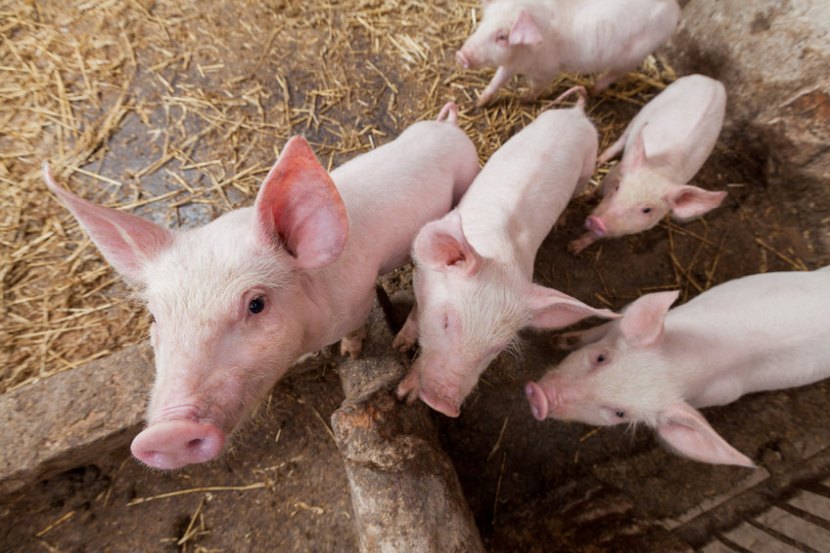
Pigs continue to back up on farms in large numbers, leaving producers fearing for the welfare of their animals, the National Pig Association (NPA) has warned.
The NPA’s pig producer and allied industry representatives spelled out the need for collective supply chain action, backed by government support, to help alleviate a crisis that threatens to 'rip the heart out of the industry'.
During an impassioned meeting in Warwickshire earlier this week, producers set out how the current perfect storm of events was putting untold pressure on farms across the UK.
The NPA warned that the current crisis was the worst the sector had seen since the 'dark days' of the late 1990s and early 2000s, as pigs continue to back up on farms.
The backlogs are coming at a time of sustained record costs of production, underpinned by high cereal and protein prices, and falling pig prices due to the issues processors are facing and plummeting EU prices, making imports more competitive.
Producers have been losing, on average, around £25 on every pig they produce this year, according to the NPA.
“I have never known it as bad as it is,” said one northern producer representative at the meeting on Tuesday 14 September.
“Generally, people are struggling to get pigs away – and they can’t see where it’s going and how it’s going to improve. This is as bad a place as I can remember.”
A southern representative who had spoken to a number of producers before the meeting added that 'everything is stocked to the gunnels'.
"People have started to use their contingency plans – pigs are outside on stubble, but we have only got a couple of weeks. It is bleak, really bleak – there is no space left.”
A representative from one of the pig marketing groups warned: “Everywhere you look, it is desperate. We are running out of space.
"There are people asking for money to pay feed bills, pay staff. There are people who don’t know how to get through tomorrow.”
The NPA said it already knew of producers with 22,000 sows who had left the industry, while many others were planning to reduce sow numbers.
The body's chief executive Zoe Davies said: "It is not just the current situation, but the raft of legislation coming down the line – the Farming Rules for Water are an additional headache and the final straw for some.
“If things don’t change soon, we will see a serious contraction of our industry that we may never recover from.”
Processor representatives explained how between them they currently had thousands of vacancies across their sites they were unable to fill, despite efforts to recruit more people locally, make the roles more attractive and to bring in more workers from outside Europe.
There are no signs of the staffing issues easing, despite the end of the furlough scheme. Many EU workers have gone home due to a combination of new Brexit restrictions and Covid, and are unlikely to return.
Representatives from other allied sectors confirmed at the meeting that they were experiencing similar issues.
The meeting was primarily focused on finding solutions, whether in the form of government help, dipping into AHDB reserves or collective industry initiatives.
But so far, Ms Davies said the government had 'shown sympathy, but done nothing to help'. Defra ministers have already rejected NPA calls for Covid compensation for producers.
“We will continue to raise awareness and press the government to act through all our available channels," Ms Davies added.
"However, I genuinely believe, whether the government is prepared to help or not, that the solution must lie within the supply chain."
